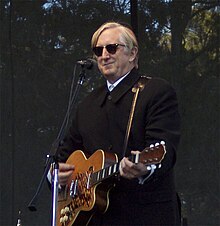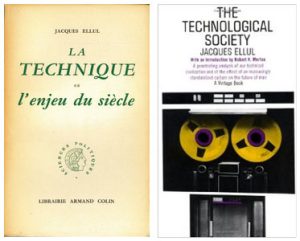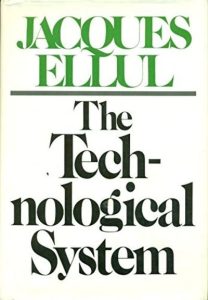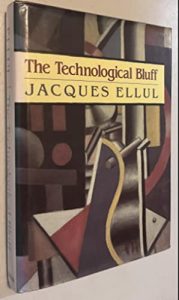Sister Society: Association Internationale Jacques Ellul
Sister Society: Association Internationale Jacques Ellul


““Technique has penetrated the deepest recesses of the human being. The machine tends not only to create a new human environment, but also to modify man’s very essence. The milieu in which he lives is no longer his. He must adapt himself, as though the world were new, to a universe for which he was not created. He was made to go six kilometers an hour, and he goes a thousand. He was made to eat when he was hungry and to sleep when he was sleepy; instead, he obeys a clock. He was made to have contact with living things, and he lives in a world of stone. He was created with a certain essential unity, and he is fragmented by all the forces of the modern world.””
― Jacques Ellul, The Technological Society
 Two thousand twenty-four marks the seventieth anniversary of the publication of Jacques Ellul’s masterpiece La Technique, ou, l’enjeu du siècle (Armand Colin, 1954). It is also the sixtieth anniversary of its English translation, The Technological Society (Alfred Knopf, 1964). Among hundreds of volumes of technology assessment and criticism, Ellul’s work stands out for its penetrating insight, its impact on generations of thinkers, and its enduring relevance.
Two thousand twenty-four marks the seventieth anniversary of the publication of Jacques Ellul’s masterpiece La Technique, ou, l’enjeu du siècle (Armand Colin, 1954). It is also the sixtieth anniversary of its English translation, The Technological Society (Alfred Knopf, 1964). Among hundreds of volumes of technology assessment and criticism, Ellul’s work stands out for its penetrating insight, its impact on generations of thinkers, and its enduring relevance.
Much has happened in the decades since this book first appeared and Ellul himself expanded and developed his perspectives on our technological society and culture over the years until his death in 1994. Without any doubt, the development and application of technique/technology has brought many benefits to our lives. At the same time, the concerns expressed by Ellul have also been born out as technology dominates every aspect of our lives and every corner of our world.
The International Jacques Ellul Society invites not only critical scholars but thoughtful technology creators, managers, and users to a three-day gathering to celebrate the 70th anniversary of Ellul’s most famous and influential book, to probe its insights and continuing relevance, and to explore the contemporary meaning and challenge of technology. Our purpose is not just to look backward but to move forward in a search for insight, understanding, and response to our technological world.
Did you know that The Technological Society is considered as the first of a trilogy that builds upon Ellul’s thinking successively?



Read more about Ellul’s concept of technique